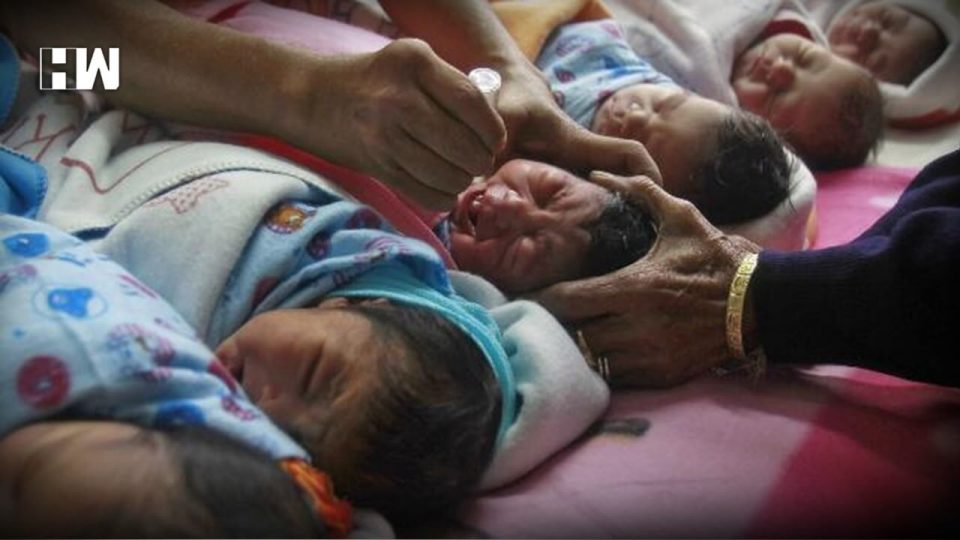New Delhi | India would welcome as many as 69,944 babies on New Year’s Day, the highest in the world, the UNICEF said on Tuesday.
India would be followed by China which would welcome 44,940 babies, the United Nations International Children’s Emergency Fund said in a report. In Nigeria, 25,685 babies will be born, it added. The year 2019 also marks the 30th anniversary of the adoption of the Convention on the Rights of the Child, which UNICEF will be commemorating with worldwide events throughout the year.
Under the convention, governments committed to, among other things, take measures to save every child by providing good quality healthcare, the UNICEF said. “This New Year Day, let’s all make a resolution to fulfill every right of every child, starting with the right to survive,” said Charlotte Petri Gornitzka, UNICEF Deputy Executive Director. “We can save millions of babies if we invest in training and equipping local health workers so that every newborn is born into a safe pair of hands,” she added.
The report also noted that on January 1 around the world, families will welcome countless Alexanders and Ayeshas, Zixuans and Zainabs, but in several countries, many babies will not even be named as they would not make it past their first day.
In 2017, about 1 million babies died the day they were born, and 2.5 million in just their first month of life. Among those children, most died from preventable causes such as premature birth, complications during delivery, and infections like sepsis and pneumonia, a violation of their basic right to survival, the UNICEF said. An estimated 3,95,072 babies, including 69,944 babies in India, will be born around the world on New Year’s Day, the UNICEF said. Of those, a quarter will be born in South Asia alone, it added.
Pakistan (15,112 babies) has been placed fourth in the list and Bangladesh (8,428 babies) eighth. Globally, around 18 percent of total baby births are estimated to take place in India only, said the report.
As an independent media platform, we do not take advertisements from governments and corporate houses. It is you, our readers, who have supported us on our journey to do honest and unbiased journalism. Please contribute, so that we can continue to do the same in future.

